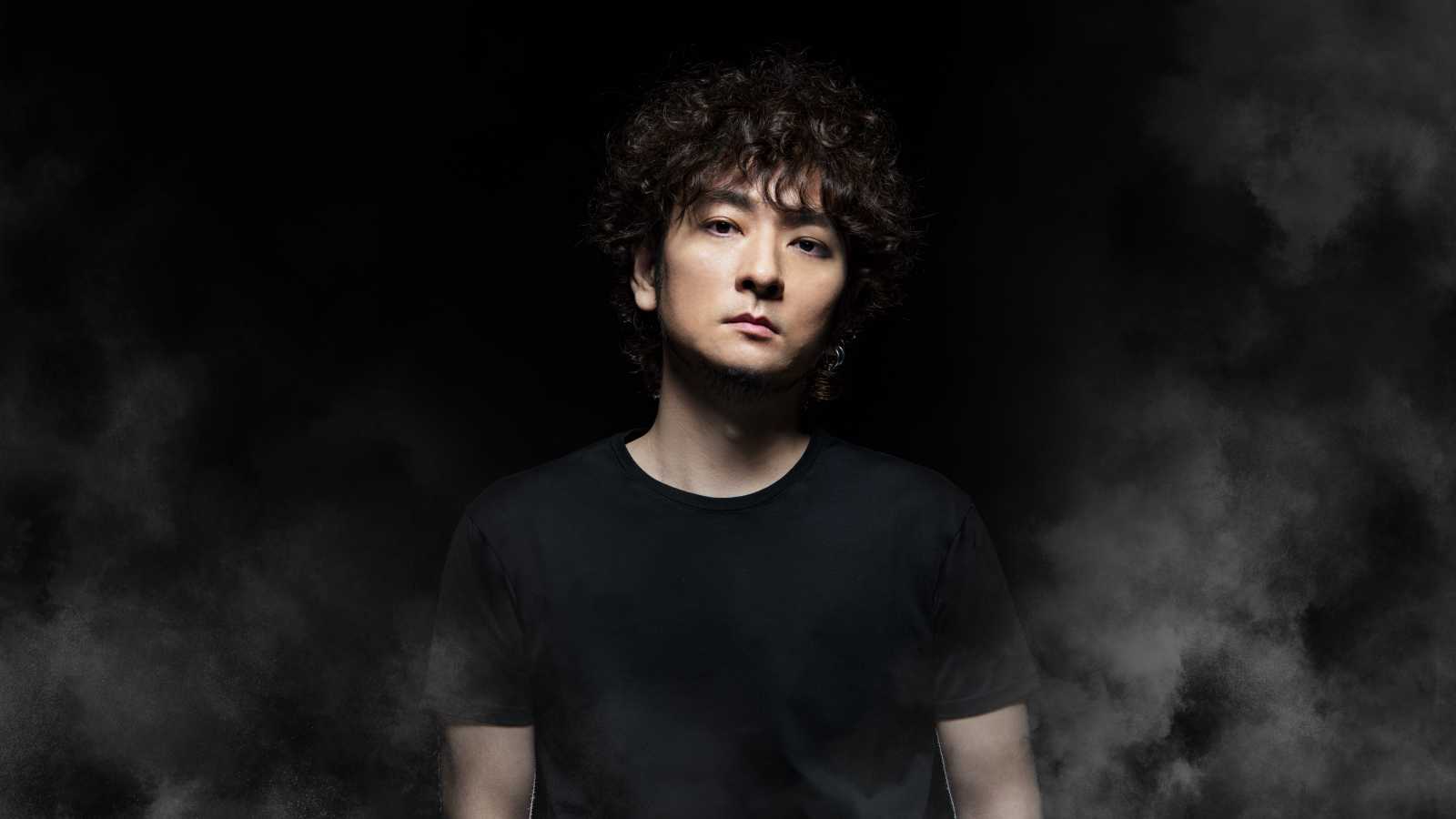The eight musicians of
Wagakki Band seem to have pinned down exactly what Japanese music fans like with their mix of vocaloid (a special synthesizer that can create artificial vocals), rock and traditional instruments and vocals. Their debut album
VOCALO Zanmai promptly hit number five on the Oricon weekly charts after its release. JaME also had the chance to get a copy of the release, and we're listening to the 12 cover songs now.
At the very beginning of the first track,
Tengaku, the shakuhachi (bamboo flute) takes us into a forgotten age with its calm, almost mythical sound. Shortly after, the koto, shamisen, bass, drums and the wadaiko (Japanese drums) kick in. The track speeds up and when
Suzuhana Yuko's voice falls in line with the rest of the instruments you're able to enjoy the full power of
Wagakki Band’s unique sound. The next track starts off with the koto and shakuhachi as well. It starts leisurely, but the tempo shifts after a few seconds and soon you're listening to a fast-paced number with a very nice shakuhachi solo. As for the following song,
Yoshiwara Lament, which was written and originally recorded by bass player
Asa several years ago, you shouldn't let yourself be deceived. You're not going to hear a heart-melting, slow ballad but a mid-tempo one, in which you also face additional background vocals and some almost spoken parts.
Kagerou Days picks up the pace again and is constantly switching between two themes; fast, almost funky parts where the traditional instruments are more dominant; and parts that are more rock, where the drums are dominant and the pace is even quicker. Moreover, you experience
Suzuhana's great falsetto for the very first time during this song; she switches over to a much higher voice and back with ease. This track is followed by the only real slow ballad of the album:
Nijiiro chouchou. The interplay of the traditional instruments with
Suzuhana's sensitive vocals creates a beautiful mood. The modern instruments don’t join in until the end of the song.
Iroha uta is a very entertaining piece of music, playing not only with the pace but also with all the instruments and vocals. The track also features nice bass and guitar solos.
That lively track is followed by
Wagakki Band’s debut song:
Rokuchounen to ichiya monogatari. The song is characterized by the constant changing pace of the vocals and melody. The refrain is so fast that you can’t help but be impressed that the singer’s voice doesn’t become muddled.
Tsuki.Kage.Mai.Kai has a nearly sinister start due to its shakuhachi parts. After they pass, the melody becomes more relaxed and a bit faster. However, from time to time, the initial shakuhachi theme returns, so you could say that this track does not only play with its pace but also with different emotions. Soon after comes
Episode.0; a track which might sound familiar to many people. It becomes clear why as soon as the vocals join in. The original was released in 2011 and performed by none other than
GACKT. The
Wagakki Band version features a calmer arrangement and
Suzuhana is supported by a male voice. Even when the electric section of the group joins in, the volume increases, but not the pace.
In a sharp contrast to the previous track,
Shinkai shoujo speeds things up again. It’s very playful and dominated by drums, wadaiko and guitar.
Noushou sakuretsu Girl is another representative of the fast, entertaining side of
Wagakki Band. Alongside
Suzuhana you're hearing a male voice again; and like in
Episode.0 you can't say for sure whether the additional vocals are coming from a synthesizer or if they were recorded for real. The last track of the album is the impressive, rocky and very entertaining track
Senbonzakura. This track combines all strong points of
Wagakki Band for the very last time.
However, those who spend a few hundred yen more and purchase one of the limited editions with a DVD or Blu-ray can expect another disk with video material, which runs for almost an hour. The bonus DVD and Blu-ray features six videos in total. There are also making-of videos for the above-linked three music videos. You not only get to watch the musicians go through the shooting process, but also are able to gather a few interesting facts about the artists themselves.
In short,
Wagakki Band’s debut album is very good. Even if all of the pieces on this album are covers, they leave a strong impression due to their special arrangements.
VOCALO Zanmai offers several catchy songs,and a fine blend of traditional and modern music, with some of the highlights being
Iroha uta,
Nijiiro chouchou and
Senbonzakura. Now, only one questions remains: when will we be able to listen to their own original compositions?

![HYDE [INSIDE] LIVE 2024 -EXTRA- at Makuhari Messe](https://www.jame-world.com/media/image/2024-11/_16-9_14951.jpg)


